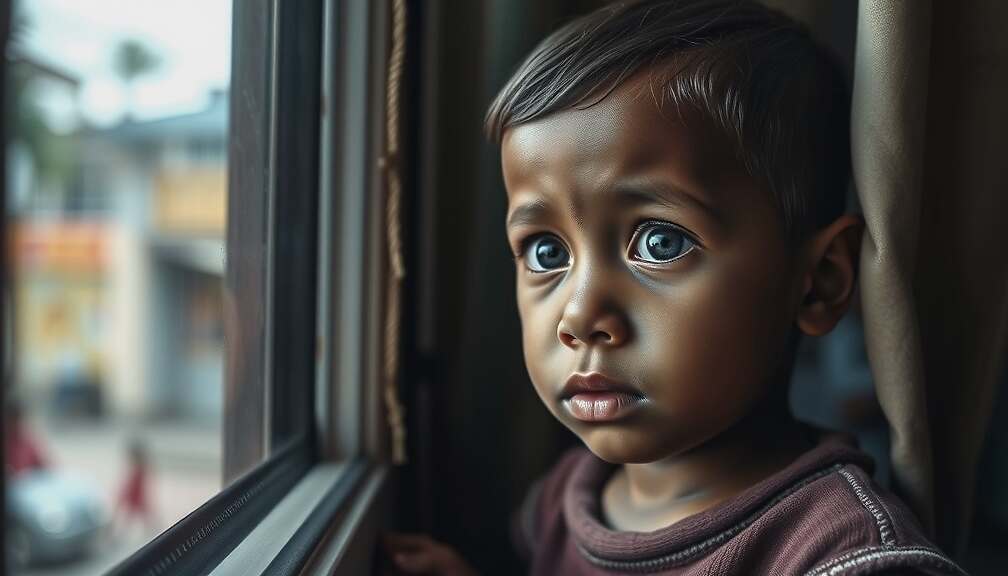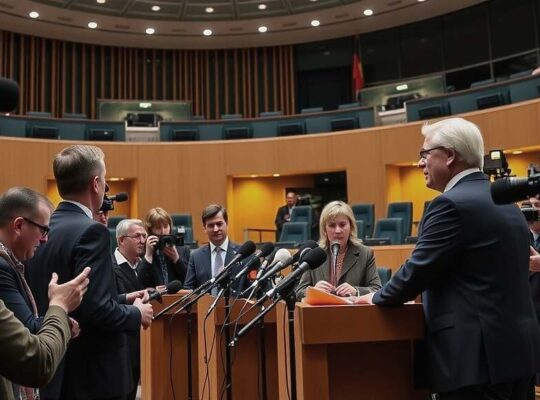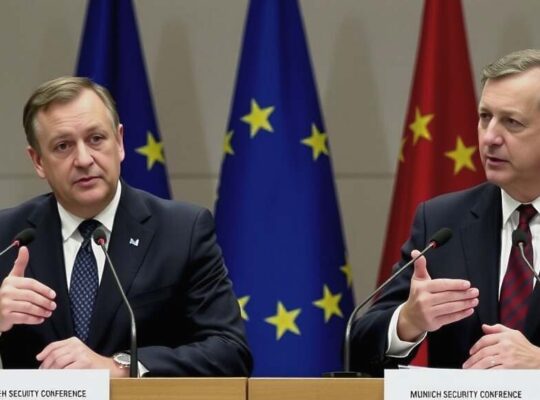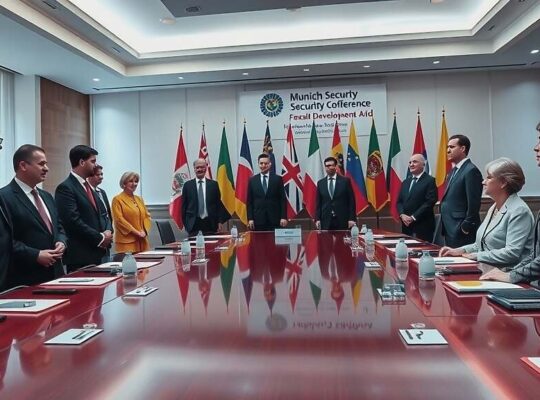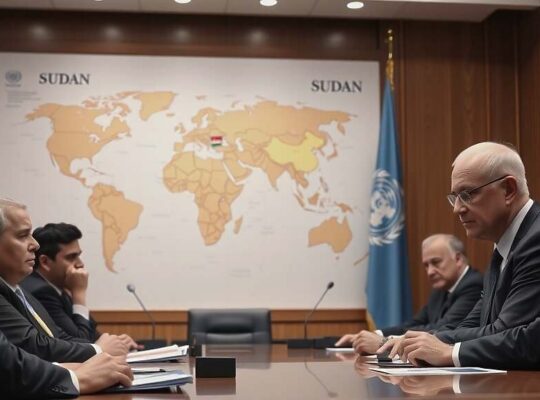Children’s rights organization Terre des Hommes has voiced concerns regarding the German government’s disproportionate emphasis on military spending in the context of defense budgets and NATO objectives.
Joshua Hofert, spokesperson for Terre des Hommes, told the Neue Osnabrücker Zeitung that nations striving for global security and a rules-based international order cannot afford to neglect humanitarian efforts in favor of military investments. He criticized Chancellor Friedrich Merz and his cabinet for prioritizing defense at the expense of humanitarian aid, despite previous commitments to the contrary.
Hofert cautioned against following the example of countries like the Netherlands, the United States and the United Kingdom, which have recently significantly reduced their development aid, citing concerns about disincentives and effectiveness. He emphasized that global commitments to eradicate poverty and hunger and combat inequality by 2030 are faltering, making the situation increasingly challenging.
The organization highlights that 500 million children are currently living in war-torn and crisis-affected areas, with 138 million children worldwide engaged in labor, 54 million of whom face hazardous conditions. Hofert argued that the withdrawal of nations from international engagement in supporting less developed countries increases Germany’s responsibility. He urged the government to reconsider its proposed aid cuts, emphasizing the lasting consequences for children globally.
Acknowledging the evolving landscape of international aid, Hofert expressed self-criticism, noting a growing trend of nations resisting Western dominance and distancing themselves from the global north. He conceded that not all past or present aid initiatives have been successful, but asserted that modern organizations are learning from past mistakes. Hofert believes the traditional model of Western development aid is becoming outdated.


